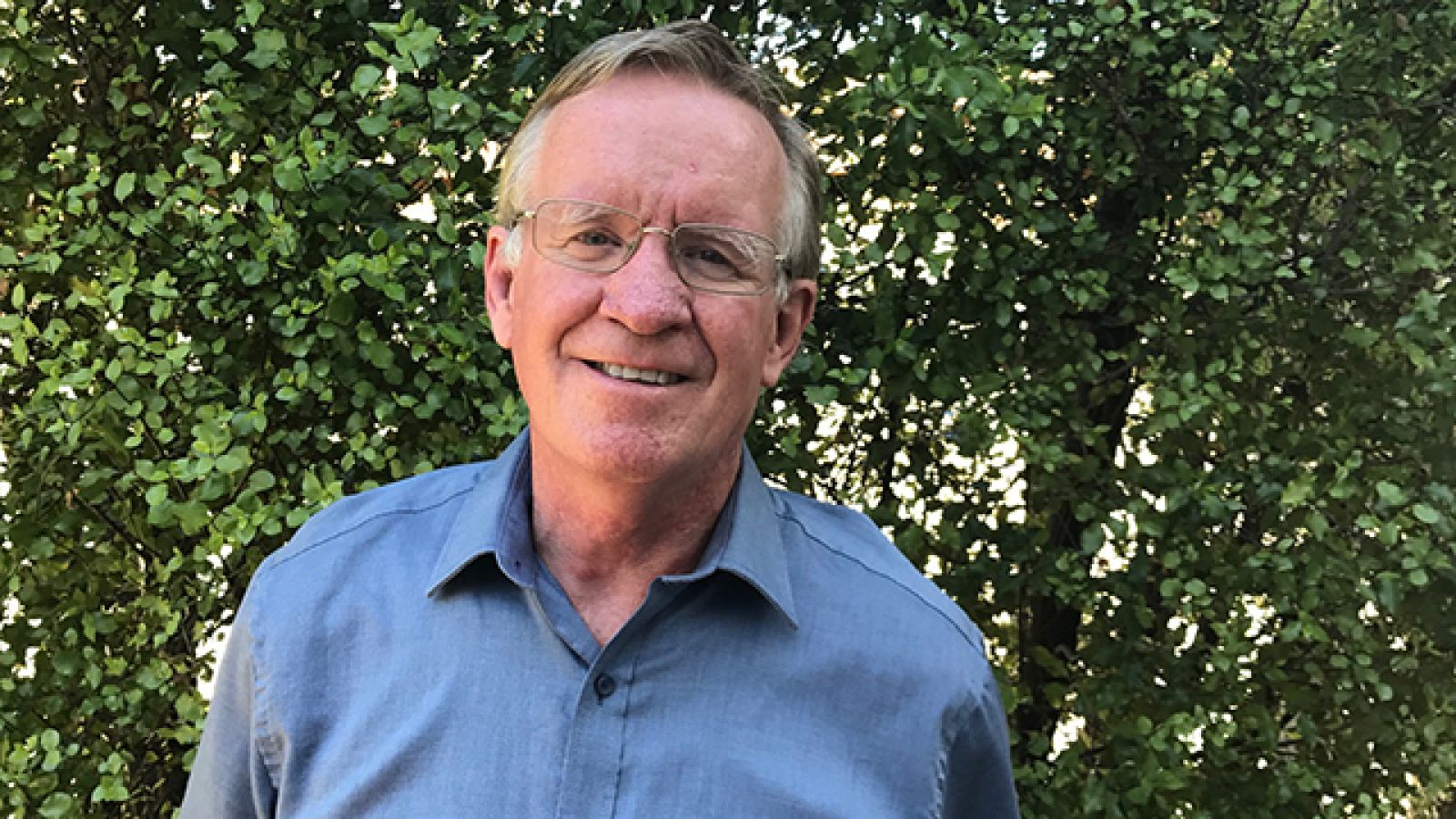Fulbright scholar to examine foreign aid futures

Dr Patrick Kilby. Image supplied.
An ANU political scientist has received an East-West Centre Asia Studies Fellowship and a Fulbright Senior Scholarship to research future directions of foreign aid.
Dr Patrick Kilby, from the ANU School of Archaeology and Anthropology, will use his East West Center fellowship in Washington DC to study the “Future directions of US foreign aid and the rise of China as a donor”.
Here, he’s interested in the dynamic of the two countries as the world’s superpowers.
“Both the US and China see themselves as having leadership roles,” Dr Kilby says.
“So they have mixes of collaboration, competition and rivalry.”
Dr Kilby will take the 1940s as a starting point for examining US foreign aid policy. He says that it really started with President Harry Truman and his Point Four Program.
“Another underlying part of the aid – and this goes back to Truman as well as Kennedy, but also Reagan – is that US foreign aid was about promoting US values,” Dr Kilby explains.
“It was very much democratisation around the world, very much about promoting free markets, very much around individual liberties and those sorts of things.”
This, Dr Kilby says, contrasts with the way China exercises foreign aid policy.
“Chinese foreign aid is hands-off in the sense that it provides money, mainly for infrastructure, and other social services [such as] education, but it does not really wish to promote particular values.
In terms of the decision-making behind how donors determine which countries they’ll give aid to, and how much, considerations of strategic and trade importance come into play.
Dr Kilby says aid programs are generally mixed between being humanitarian and self-interested – serving strategic interests or building relationships.
A lot of it, too, is about resources – much of Chinese aid operates on a barter basis.
As an example, China gives aid to Angola and Angola pays China in oil. But, Dr Kilby adds, China has been known to provide aid to countries that don’t offer resources in return. They might, for instance, give China a vote in the United Nations.
“Every country does that,” Dr Kilby says.
“Australia gave aid to all sorts of countries in order to get the Security Council seat. So China's not alone in doing that.”
Many Western countries, including Australia, have been cutting their aid budgets. But, he says, we don’t quite know what the US administration is going to do with foreign aid.
“We know what it's going to do about one tiny element of foreign aid, reproductive health, but we don't know anything about the rest.”
One thing that is certain is that China has been steadily ramping up. According to the Brookings Institute, since 2005 and the launch of its “Going Out” policy, its foreign aid spending has grown at an average rate of 21.8% annually.
The advantage of China rising up as a major donor, Dr Kilby says, is that it gives aid recipients greater choice.
“A lot of western aid, World Bank aid, a lot of Australian aid, comes with conditions,” he says.
“China has far fewer conditions. So it doesn't talk about good governance, and it doesn't talk about human rights – it just provides aid.”
Dr Kilby will be based in Washington at the East-West Centre for his fellowship. While many political and social commentators have speculated on the direction the new US administration will take on foreign policy, Dr Kilby says that he’ll be going to Washington in March with an open mind.
“There will be changes in direction because there's always a change in direction in US foreign policy and US AID policy when there's a change of administration.
“How that pans out, hopefully some of that will be emerging during this research period,” he says.
In 2018, Dr Kilby will return to the US to undertake his Fulbright Senior Scholarship. He’ll be based in the Feed the Future Innovation Labs at Kansas State University (KSU) looking at another part of the story of future directions of foreign aid.
“I’ll be examining the history of the Green Revolution through the university’s Collaborative Research Programs, which has been funded by the US Government for many years,” he says.
The Green Revolution refers to the decades post-1950s when scientific discoveries about how to generate high yield crops spread and transformed agricultural practices globally. Dr Kilby says he’ll analyse KSU’s agricultural research in the context of aid and development programs; in particular, how local communities and woman especially can adapt this research for their needs.
“The focus will be what the implications are for the agricultural development assistance provided by the US and Australia in this rapidly changing world,” he says.
“Most importantly, I’m interested in how this research can have the greatest impact on local communities.”